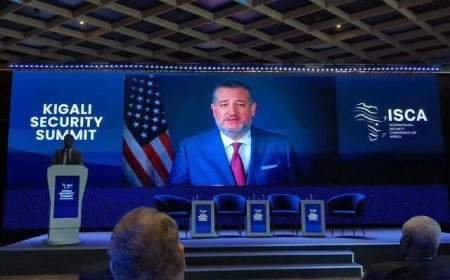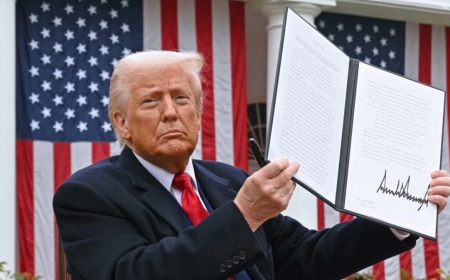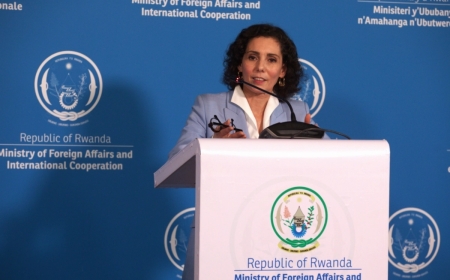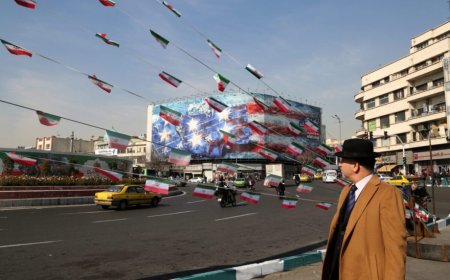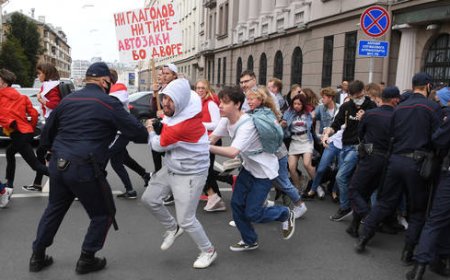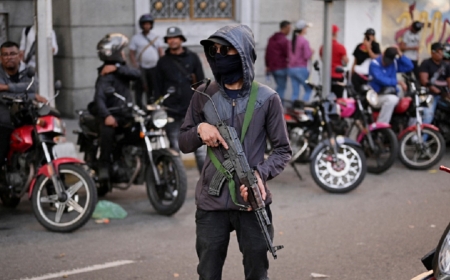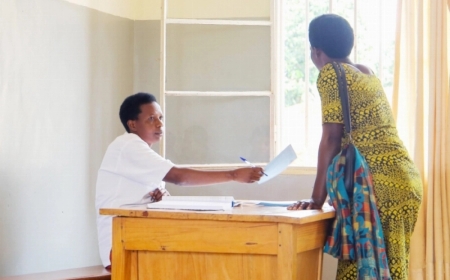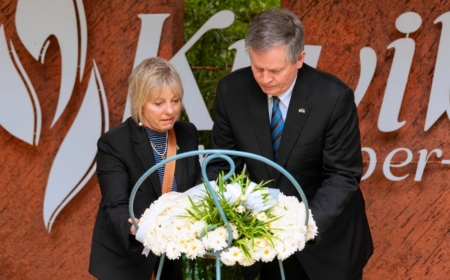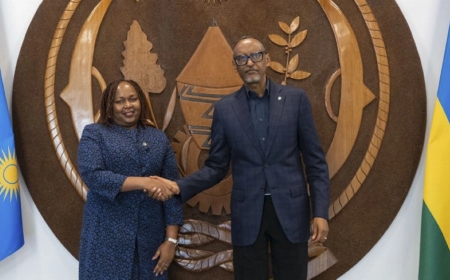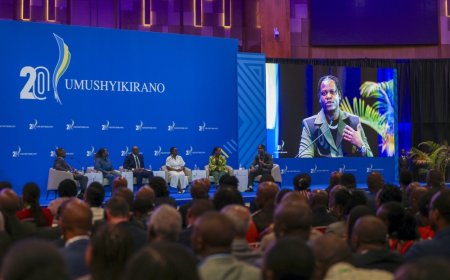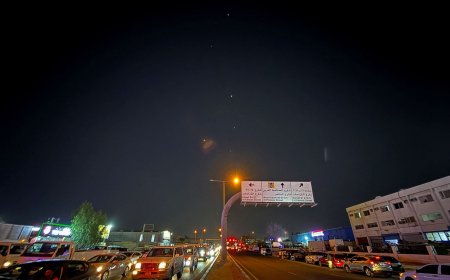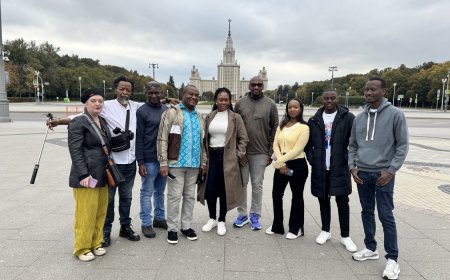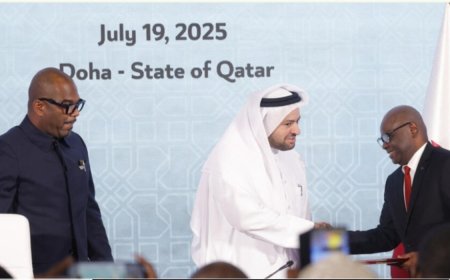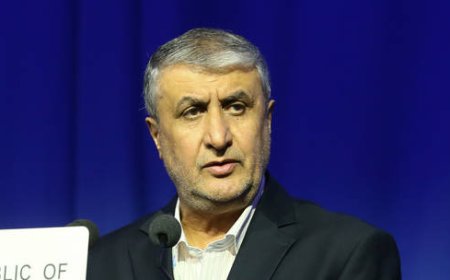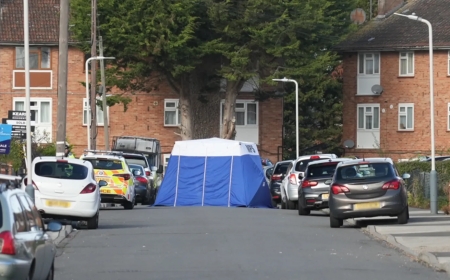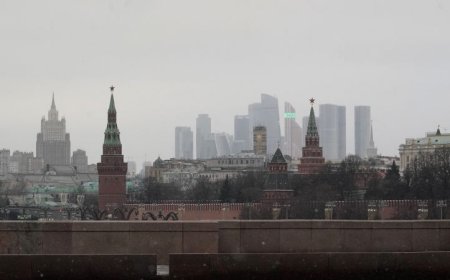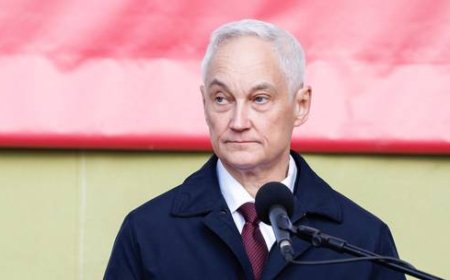UK Conservatives Vow to Revive Rwanda Deportation Scheme if Returned to Power
Conservatives Criticize Labour for Halting Rwanda Asylum Deal
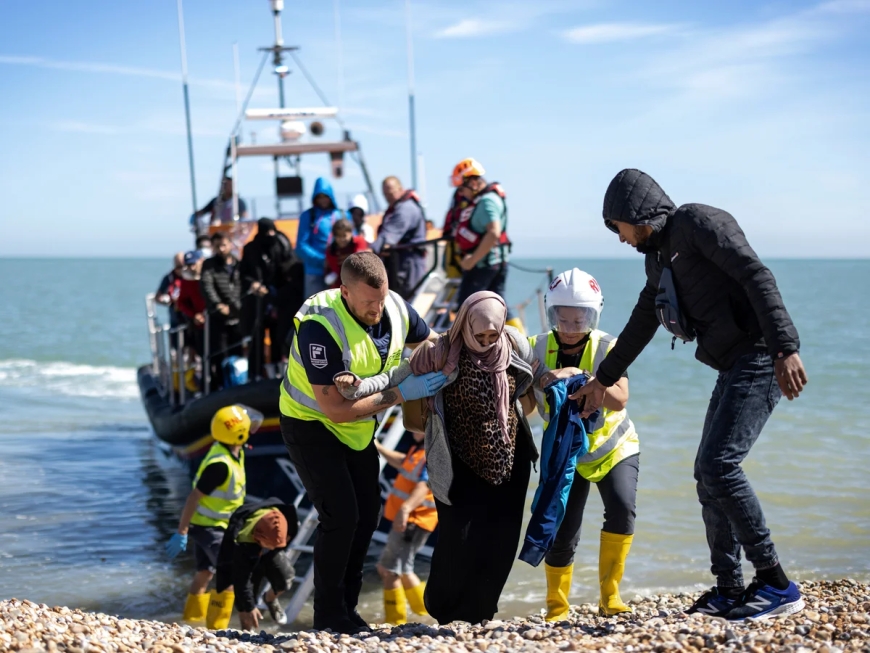
Chris Philp, the Conservative Party’s spokesperson on internal security, has said his party plans to revive the controversial plan to send irregular migrants to Rwanda if it returns to government.
Speaking during an interview with GB News journalist Steven Edginton, Philp admitted that not a single asylum seeker had been relocated to Rwanda under the policy launched in 2018.
“In truth, none were sent… apart from four who went voluntarily. But let’s be clear, officially none were relocated because the scheme never actually started,” he said, citing a series of legal battles in Strasbourg and rulings by the UK Supreme Court.
Philp explained that the first deportation attempt in June 2022 was blocked, and subsequent efforts in October 2023 were also halted. A new law passed in early 2024 cleared the way for flights to begin in July 2024, but the plan was suspended when Prime Minister Keir Starmer’s Labour government took office.
“Everything was ready to go, but Keir Starmer and the Labour Party cancelled the programme just two weeks before it was due to begin. That’s why no one ever went to Rwanda,” Philp argued. “We are going to bring it back.”
The Rwanda scheme was designed to relocate asylum seekers who entered the UK illegally, with the aim of deterring dangerous Channel crossings. However, it faced intense criticism from human rights groups, legal challenges, and political opposition.
Since Labour halted the plan in 2024, the government has been under pressure to propose an alternative strategy to curb rising migrant numbers. Critics accuse Starmer of scrapping the deal without offering a clear replacement.
The UK’s next general election is scheduled for 2029, leaving the Conservatives in opposition until then. If they regain power, Philp confirmed the Rwanda deportation plan would be reinstated.
Signed in 2022, the UK-Rwanda Migration and Economic Development Partnership was one of the most divisive immigration policies in recent British politics, sparking debates about legality, morality, and effectiveness.
